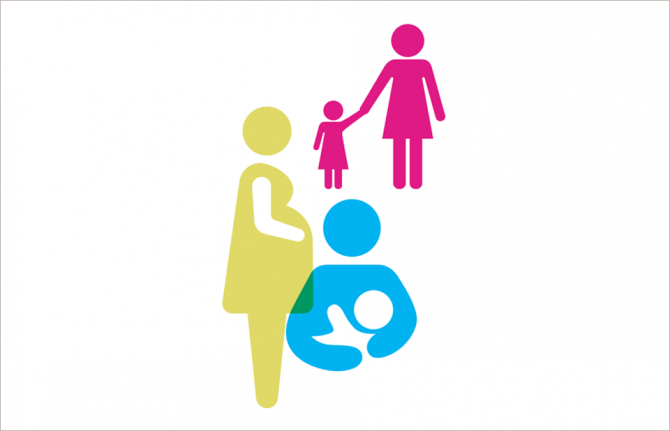

Press Statement
UNAIDS welcomes Chile’s recognition of responsibility for violating the rights of a woman living with HIV sterilized without her consent
11 August 2021 11 August 2021GENEVA, 11 August 2021—UNAIDS welcomes the announcement by Chile that it recognizes international responsibility for violating the rights of a woman living with HIV who was sterilized without her consent almost 20 years ago. The government has agreed a friendly settlement with the woman, Francisca, that includes the payment of reparations for the violation of her human rights. It has also committed to ending forced sterilization and to guaranteeing reproductive rights as human rights without discrimination.
Francisca delivered a healthy baby boy in 2002 and was then sterilized without her consent by the doctor who carried out her Caesarean section, making the decision that a woman living with HIV should not be able to have children. The friendly agreement announced this week comes after more than a decade’s litigation by the woman and her legal teams.
“This settlement is a significant moment for women around the world who have been fighting for reproductive justice for decades. Coercive sterilization of women living with HIV is a violation of women’s most fundamental human rights,” said UNAIDS Executive Director, Winnie Byanyima. “Unfortunately, this practice is still happening in many countries and efforts to stop it and bring justice to more women must be stepped up.”
This settlement comes after years of efforts before the Inter-American Commission on Human Rights (IACHR) after an earlier complaint in the Chilean justice system was unsuccessful. The case was litigated by the Chilean organization, Vivo Positivo, and the international human rights organization, Center for Reproductive Rights.
UNAIDS submitted an amicus brief to inform the IAHCR the standards that governments must uphold to address the HIV stigma and discrimination that impact women living with HIV. These include the obligation to respect, protect and fulfil women’s autonomy in decision making on matters related to their sexual and reproductive lives, their right to physical integrity and their right to be free from violence, including from violence by health personnel.
UNAIDS
The Joint United Nations Programme on HIV/AIDS (UNAIDS) leads and inspires the world to achieve its shared vision of zero new HIV infections, zero discrimination and zero AIDS-related deaths. UNAIDS unites the efforts of 11 UN organizations—UNHCR, UNICEF, WFP, UNDP, UNFPA, UNODC, UN Women, ILO, UNESCO, WHO and the World Bank—and works closely with global and national partners towards ending the AIDS epidemic by 2030 as part of the Sustainable Development Goals. Learn more at unaids.org and connect with us on Facebook, Twitter, Instagram and YouTube.
